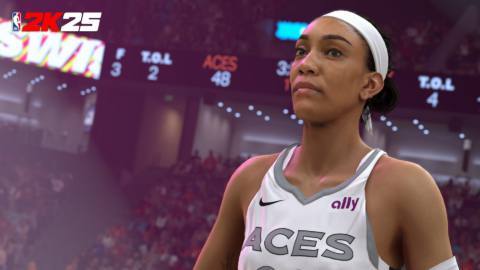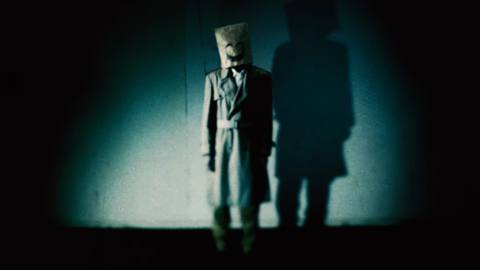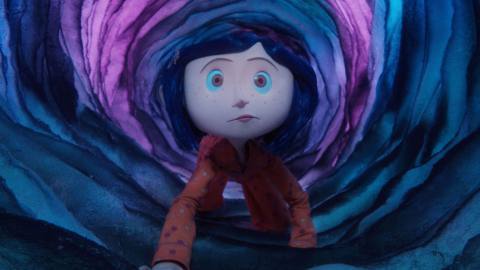
Intrusive thoughts are impossible to live with. Cloying, claustrophobic, incessant, inescapable. Radio chatter from a distant room you can’t turn off at best, some hot, odorous wet breath in your ear at worst. They might have your voice, but they’re not your words, not really. They’re unfiltered, almost primal, a communion with bits of yourself you might never know – or have wanted to know – existed. This is where Hellblade 2 gets it right, because the intrusive thoughts are agonizing.
But they’re supposed to be. That’s the point. Xbox‘s very adult and very serious series has, within two games, made itself totemic of two things; portraying mental health, and looking good whilst doing it. As far as these two very separate vocations go, Hellblade 2 nails it. At first, I was so aggrieved by the chattering voices (realised in binaural sound so it sounds like they’re planted somewhere in your bastard skull) that I searched the vast suite of accessibility options to see if I could turn them off.
But that’s the point, isn’t it? These spectres dug into Senua’s conscience like a pair of blood-hungry ticks are never going away. They’re going to offer commentary on everything you do, all the time. ‘You’re not good enough to solve this puzzle’. ‘God, this level goes on a bit, ey?’ ‘Hell yeah, you’re smashing this combat encounter!’ ‘Oh no, the boss is absolutely destroying you!’






